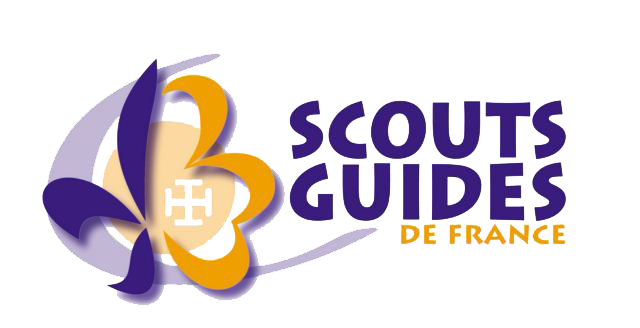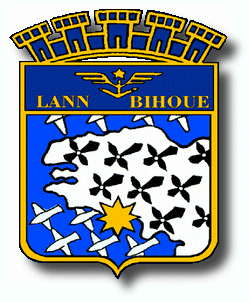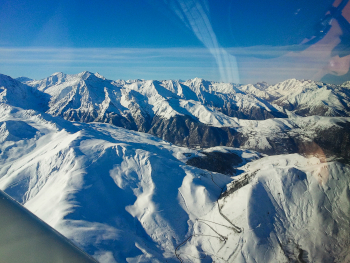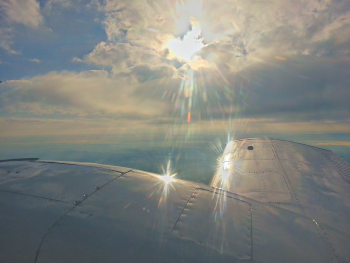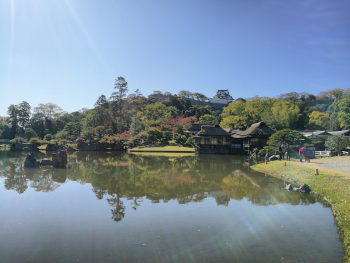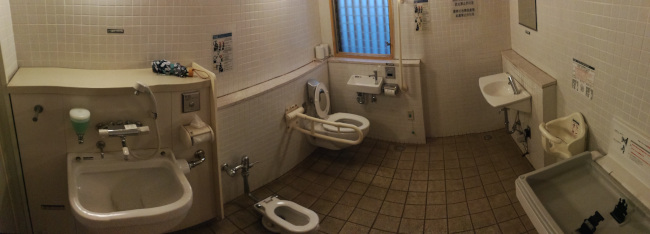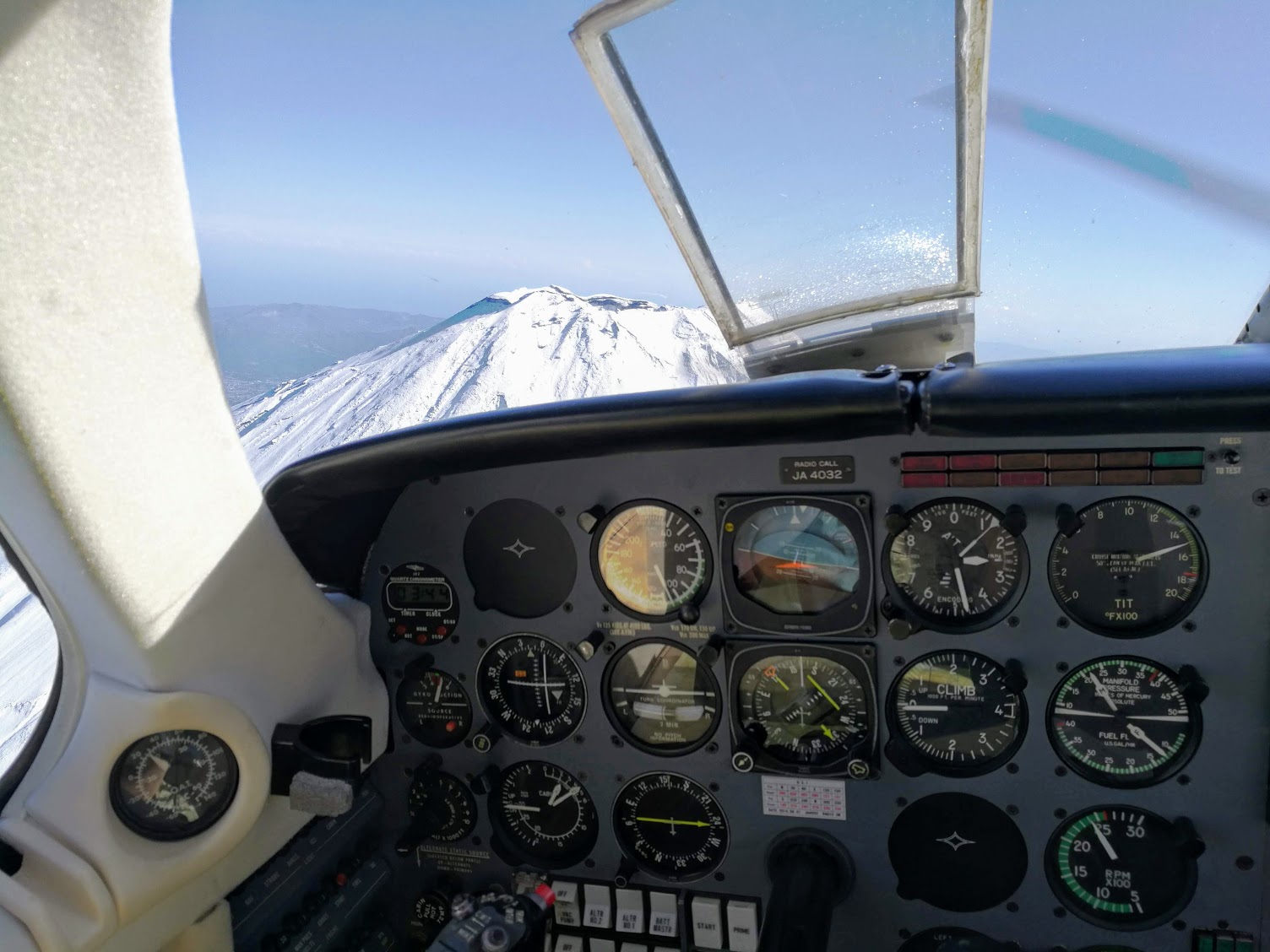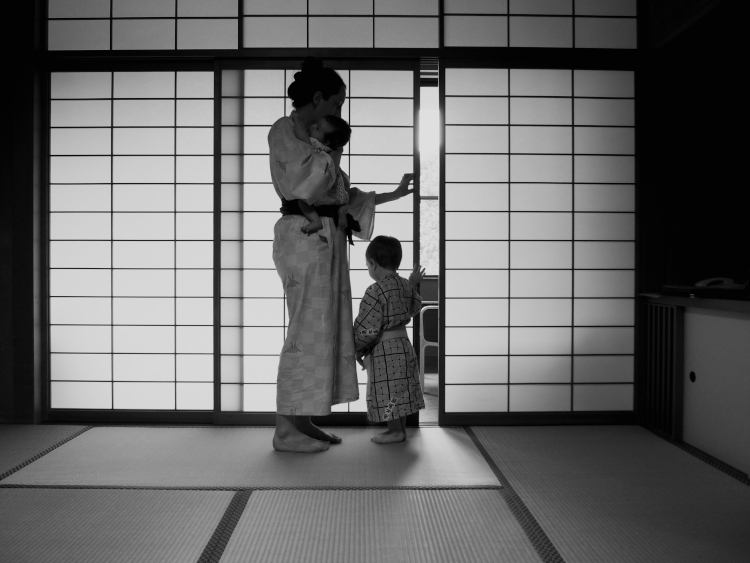Who I am?
This page is an informal bio, my professional CV is available here.
*My name is V. since my birth in the 80’s.
Why do I remain anonymous?
Simply, to live happily, let’s live hidden. Internet is full of surprises, good and bad. One of the simplest ways to protect yourself from bad surprises and to stay hidden. I argue this choice by the following analysis:
- You know me in one way or another, and in this case, it is useless for me to give you this information again,
- Either a search engine has brought you here, in which case knowing my identity is of no immediate interest. Consequently, you will not know more about my civil status. If you wish to contact me, you can contact me using the form provided.
My origins
I grew up in the Rhône-Alpes region, at the foot of the Vercors, in a small, a little isolated, hamlet and surrounded by walnut trees.
A pleasant place to learn how to get by, to do crafts, to make huts, to explore the forest, etc.
A childhood that one could easily classify as happy, far from the tumult and hubbub of the big cities.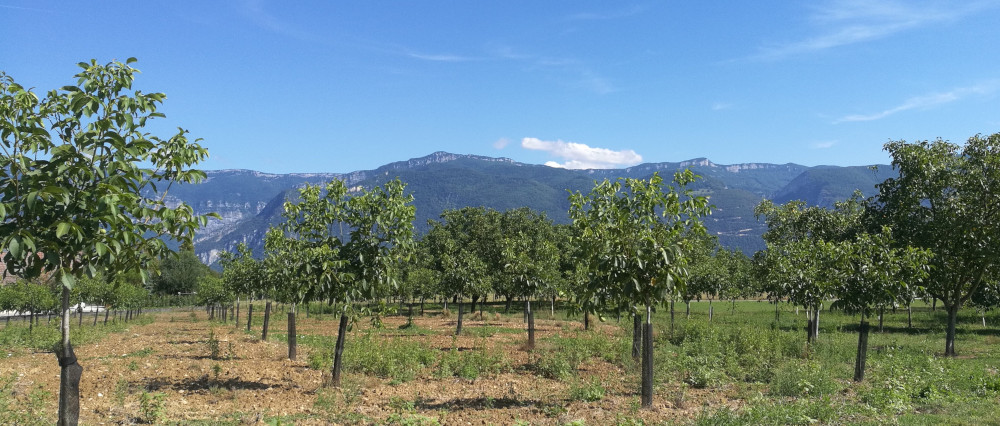
The 80’s, the birth of my passion for aeronautics
I fell in love with aviation when I was 7 or 8 years old. Certainly after a first flight or the arrival of the Concorde at Grenoble St Geoirs airport (or both at the same time).
I remember saying to my school teacher “later, I want to be a Concorde pilot”.
I let you imagine the looks of my classmates (what is Concorde?) and the dismay of a teacher with a son already on the way.
My parents clearly couldn’t afford to pay for my flight time and didn’t know anyone in the business. However, through persuasion, I ended up wearing out my elbows on the airfield gates.
A few private pilots took me on and under their wings and I was able to play the cabin crab.
It is by looking carefully at the poster of a 747 that I understood that to achieve my goals, I would have to be attentive to school, understand the technique (in the broadest sense, from hydraulics to mechanics through electricity and electronics), curious, voluntary, dynamic …
My vocation was found:
I will be an engineer and a pilot.
The 90s: computer science
A few hazards force me to revise my copy and I have to temporarily put aviation aside.
I discover computers and programming.
My first PC is an Amstrad PC2086 with Flight Simulator 3. The booklet that came with the floppy disks was a gold mine for flying and navigation knowledge (allowing me to quickly learn the aeronautical alphabet and VOR handling). I also used my joysticks on Chuck Yeager’s - Air Combat.


Computing is evolving rapidly and I discover 386 and 486 processors (bought second hand, they are still in my possession), Windows 3.1, Windows 95, 98, …
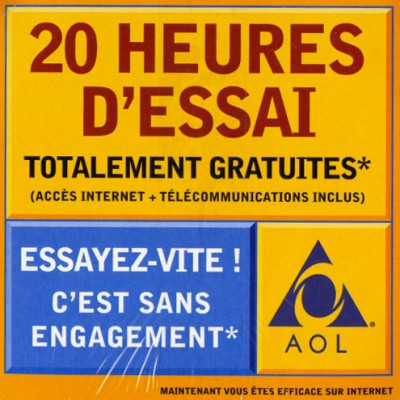
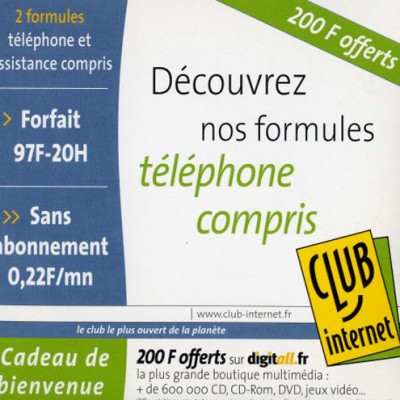
Internet starts, limited by a 56K modem and the packages “free “, “all inclusive “, AOL, Compuserve, Infoni… there too many tests and tinkering (especially with electric wire used as a shooting line and recovered after the big fireworks).
I’m initiated to assembler (without real success) and electronics thanks to books and websites. I’m interested in hacking (black, grey or white hat, you won’t know it….).
I understand that computing, and the associated systems, opens up a world of almost infinite possibilities. In this world, there is only one rule:
Knowledge is power.
The 2000s: The serious stuff
The 2000s are a dense period. I go from bachelor to engineer and from cabin crab to pilot.
I followed the classic path for French engineers: first and final year of science, Bac, Math Sup… Physics and chemistry are my best assets during all these years, allowing me to be valedictorian in these subjects (at least, until organic chemistry arrived).
It is also the discovery of the correlation between investment in learning and results. To succeed, I not only need to learn, but more importantly, I need to be effective in that learning. This translates into the need for a balanced pace of life. Impossible to spend days behind a notebook and to be efficient, without spending time doing a little sport, sleeping (at least the minimum), eating (well), seeing friends…
If for some, the preparatory classes were a suffering. This was absolutely not my case.
Maybe it was because I wasn’t in one of those big prep classes and we had a very good promo atmosphere?
For once, I really felt like I was going to school to learn new things with really motivating and pedagogical teachers.
I’ll remember a sentence from our math teacher:
“The friends you make in the prep class, you’ll keep them all your life”.
A reality, because some of my closest friends come from my only year of prep school.
At that time, I had to make a choice:
- Pass the ENAC contest to be a pilot, or
- Continue in engineering.
A series of hazards made the choice for me: I could not apply in time for the ENAC competition but I passed the “petites mines” writing.
After the oral exams, I went to the Mines of Alès (now IMT Alès).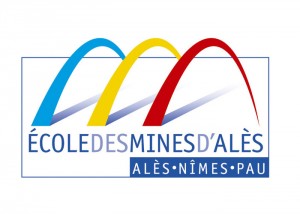
The “mines”, as generalist schools, are in phase with my needs, my desires and my vision of engineering. It’s also a little nod to my “Gueule noire” origins (a traduction may be “black snout” in reference to the blackened faces of the coal-bottom miners).
I don’t lose the sight of my aviation objective. After all, to build airplanes, you need a significant amount of knowledge in multiple fields. What better than a general school to discover them!
My first year internship is in one of the last French coal mines. I drive (pilot?) trucks of 1800 horsepower and over 90 metrics tons (and I also get a few scares).
I discover, through a friend, scouting with the Scouts and Guides of France (something I wanted to experience as a young person, but for various reasons, it was not possible).
Weekends and camps with young people allow me to find for a few hours the soul of a child while I take on responsibilities as a camp director.
This simple weekend adventure quickly turned into a great adventure. I remained active for more than ten years in the Scouts and Guides of France movement and it was in this context that I met my wife.
I lived through the important evolutions of the association, in particular the regrouping with the guides, the evolution of the pedagogy and the various evolutions of the logos.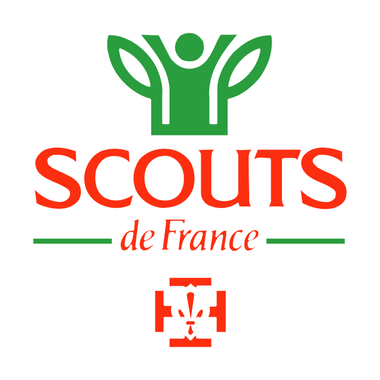
My last year of engineering studies was at the École Polytechnique de Montréal. I add aerodynamic and computer knowledge to my curriculum. For several days, I face polar temperatures to walk to school (temperatures below -35°c and feelings in the order of -45°C.).
After my engineering graduation, I worked for 6 months as a draftsman-projector before joining ENAC for my master's degree in Aeronautical Operations and Air Traffic Management. Master that I voluntarily chose as a generalist, ranging from airline finance to operational regulations, including flight mechanics, air traffic control, airport management...
I choose to do my final internship in the French Navy and spend 6 months at the Lorient Lann-bihoué Naval Aeronautics Base. While remaining a civilian, I discovered the military world, its principles, its commitments and the specificities of local air traffic control.
After this year of Master’s degree, here I am ready to enter the world of work…
I’m going to be a test engineer (ground) for two years for an onboard system on the A380. Our office, on the top floor of the test building, offers an unrivalled view of Toulouse airport.
My first salaries allow me (finally) to pay for real flying hours.
Solo flight after 8 hours of flight, the basic patent (may be the most difficult and stressful exam I have ever taken) and the PPL in 2009, with a little more than 50 hours of flight (including a few solo hours done with my basic patent).A classmate co-opts me and I changed jobs. I discovered the ARP4761, the ARP4754, the flight controls of the A400M and the thrills that accompany its first flight.
The years 2010: the improvement
I entered in a small, well-established and fairly dense life. My occupations are notable:
- Weekends and scout camps to break the routine.
- My revisions for the Certificate of Aeronautical Education Aptitude CAEA,
- My revisions and preparations for the theoretical ATPL,
- Flights to climb my hours for the CPL,
- Technology (electronics, IT), dismantling, meetings, etc. for the renovation project of the Air France Concorde simulator,
- Trips across France and an ocean to spend some time with my fiancée.
At work, I swapped from the electrical system of the A400M, to airworthiness activities of the Wide Body fleet (A300/A310), the UAVs and gave some ARP4761 training at ENAC, ENSICA schools…
I chose to take the CAEA to get my brain back on track to prepare the ATPL. I obtain this certificate without any worries. By the way, I increased my aeronautical knowledge, especially with the History part. The technical part of the exam remains in subjects that I know, practice and master.
The theoretical ATPL requires more organization. On one hand, the financial investment is higher, on the other hand, there are more subjects and new topics.
I did a large part of the remote reviews with the IFAM (with 2 weeks on site to respect the rules defined by the DGAC). I adapted my learning rhythm over 2 months of intense revision before the exam (4 subjects, 2 “easy”, 2 “difficult”) and one month free. In order to succeed in my revisions, I am going back to the rhythm of the prep courses. This amounts to adding an average of 4 to 5 hours of personal work per day, without neglecting other priorities (especially the Scouts). The bet was taken, I got the theoretical ATPL in less than a year, without a hitch.
Of course, I continue to fly regularly (between 40 and 50 hours a year). I do a small tour of France in less than 48 hours, flights over the Cathar castles, the Millau viaduct, the Pyrenees, the Alps,…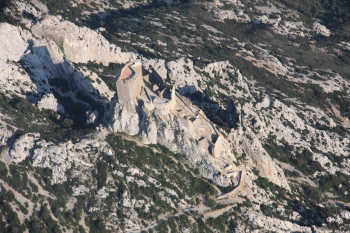
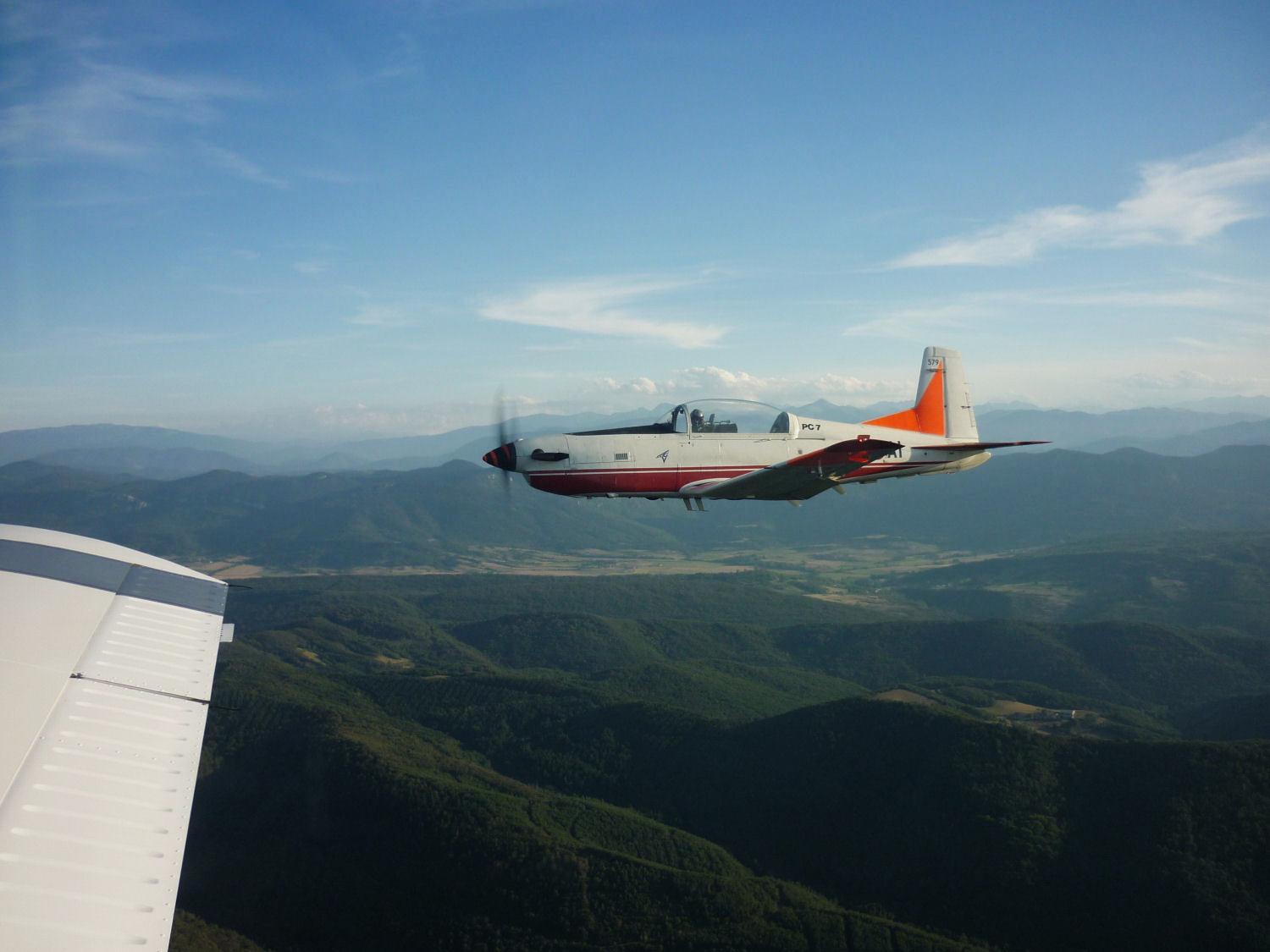
For my CPL and the CPL-IR/ME training, I chose the school Aéralp (in Grenoble St Geoirs) in particular for practical reasons (it is my region of origin and the school is a small structure in which it will be easier for me to adapt).
The CPL was nervously difficult and tiring.
The last flights allowed me to discover the effects of mental overload (a kind of “burn out”).This mental overload is such that one is propelled light years behind the plane. In such a state, being in a machine and no longer understanding what is happening is dangerous and often fatal.
You might as well discover the effects with a caring person at your side.
After this experience, I always made sure to consider the impact of the “human factors” / mental load in my safety analyses.The IR/ME was easier, because I fell back into an area that I mastered.
Unlucky for me, I obtained my qualifications during a hiring freeze period. Few pilot hires, let alone low timers, and I don’t consider “pay to fly” as an alternative.
So I continue in engineering and safety analysis and I take credit as much as possible from my pilot experiences (especially on interfaces and operational aspects).
I fly regularly on a twin-engine with an industrialist from the Toulouse region. So I visit a few corners of France, work up my hours and take advantage of the aircraft’s availability to maintain my qualifications.
However, I feel the need for a renewal, and I am embarking, with my wife, for Japan…
Japanese adventure
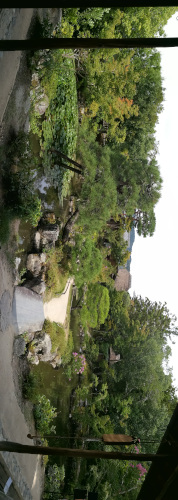
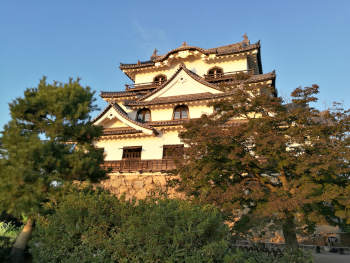
I never planned to live in Japan… The country and its culture did not specifically attract me and it was still an unknown country, on the other side of the world. But it also gave me the opportunity to set the record straight and discover the four phases of culture shock.
Confrontation with a language, a culture, food and risks (earthquakes, tsunamis…) that have no equivalent in France and Europe imposes a real need to adapt. As a result, expatriation was a very enriching experience because it forces me to take distance and adopt a new perspective by reflecting on myself, others, our respective cultures…
The distance with family and friends (and the Covid crisis) forces us to refocus on the family nucleus. One has to be autonomous on many points (except cheese). If a difficulty arises (which can happen, Japan is not without risks), individuals 10,000 km away, will be unable to do anything and we can only rely on ourselves. We must therefore necessarily provide a multitude of things (envelopes of bills, rallying points in case we are separated, …) but also be attentive to the happiness and wishes of everyone.
Faced with this cultural upheaval and the misunderstandings that can result from it, we must continually adapt, question ourselves and be patient in many aspects. The small worries of everyday life can really become exhausting (searching for hours for butter or not being able to make people understand each other on a simple formulation). However, Japan offers a multitude of services and small details that make daily life simpler and more pleasant (such as on-time trains and always clean toilets).
Japan is a land of contrasts, mixing the softness of life with the harshness of the elements (the apparent calm of spring and autumn, while summer is hard to bear and winters are harsh. A blue sky for several days brutally interrupted by typhoons. A well-organized rhythm of life when everything can be turned upside down by an earthquake).
Because of the birth of my two children, I discovered that Japan is a country that has many solutions for parents of young children. I will mention in particular the changing tables and baby carriers everywhere, including in the men’s toilets, free health care for children up to 16 years old (depending on the region / municipality). There are thus a multitude of small details that we notice when they disappear (and are thus cruelly lacking when we return to France).
I am one of the few foreigners to have a Japanese pilot’s license. It took me about 8 months to get it, a theoretical exam, I don’t know how many photocopies of my flight log and a class II medical which must surpass the European class I standards. However, I don’t have the English language radio proficiency attached to my Japanese license (I have to spend a week in Tokyo with the student airline pilots, which has a significant cost). Therefore, I have to fly with a person having this skill (anyway, even after several years in Japan, I don’t feel comfortable dealing with japan-english required on some platforms).
It is in this context that I fly regularly (on average one hour per week) with my instructor, owner of a Piper Malibu, speaking English, having IFR skills and a lot of flying hours.
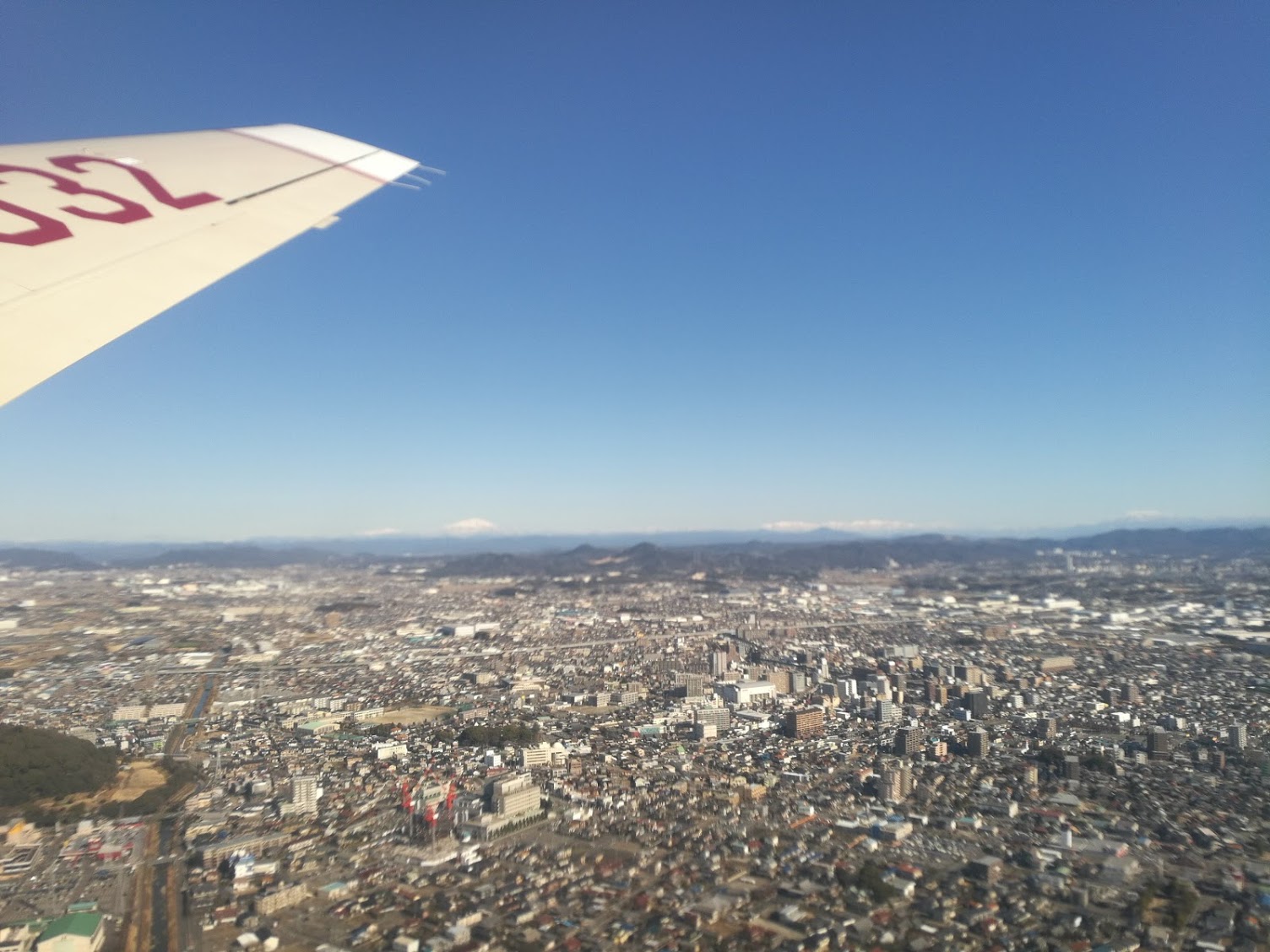
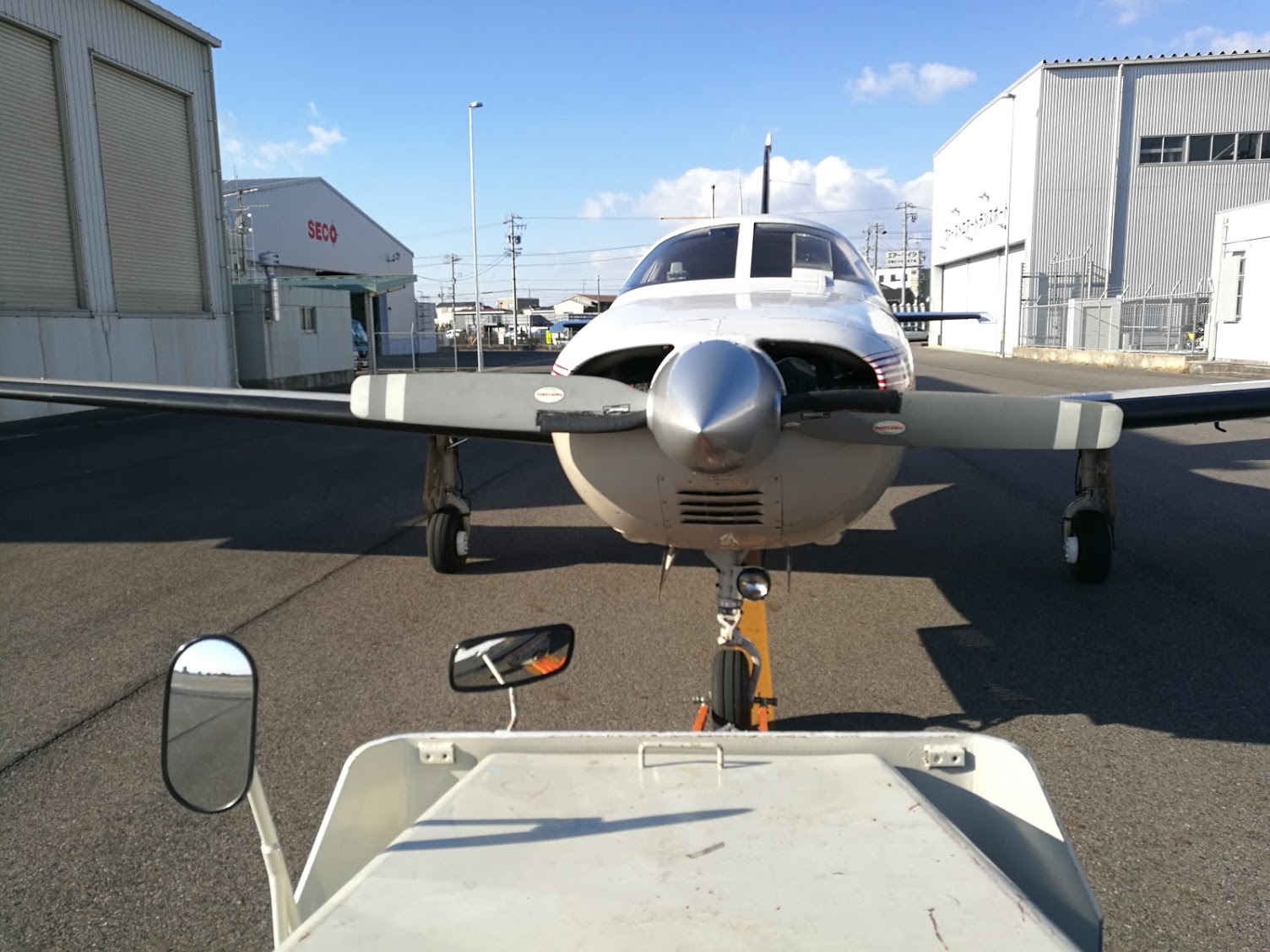
The Malibu is my first truly high-performance aircraft. It can go fast, very fast… especially when you climb to FL270 and have 100 knots of wind at your buttocks. I also discover a teaching and techniques different from what I knew in France. It also allowed me to see Japan from above (with the overflight of Mount Fuji), to experiment flights over dense urban areas, IFR flights in icing conditions, maritime overflights… and to meet, by the greatest chance, other French-speaking pilots. It is therefore a very enriching experience.
From a professional point of view, the project I was working on was ambitious. A truly multicultural environment (Japanese, Brazilian, Russian, American, French…) can be badly channeled and various problems did not help to put the project on the right track in the time allowed (which was already ambitious initially).
Technically, I made a lot of progress, because everything had to be taken over or built on. This leads to many questions that need to be answered. That’s how I plunged back into the ARP4761’s depths, calculating probabilities, building a few software tools to facilitate analysis while ensuring that we identify and put in place the means to validate the severity of the failures identified (a delicate subject on flight controls).
The Covid crisis changes our context of return to France (or Europe) without changing our plans (the return date was planned). I have very good memories of this experience and come back with a different vision of myself, my couple, the family we form, Japan and France.

